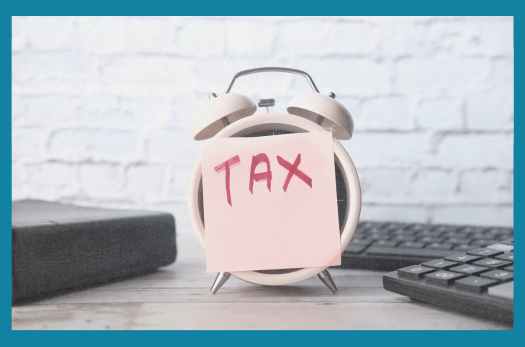How Can I Pay Off My Tax Debt?

File Your Tax Return
Even if you cannot afford to pay your tax bill, you should file your tax return on time. This avoids extra penalties for failing to file a return.
Assess Your Tax Debt
To create a plan to tackle your tax debt you first have to understand how much you owe. The IRS or state taxing authority may have sent you a bill, but you should verify that it’s accurate. Consult a tax professional for assistance in determining the exact amount of your liability, including penalties and interest.
Contact a Tax Attorney
An attorney can help you challenge your tax bill if you believe it is incorrect. If it is correct, but you cannot pay in full, your lawyer can advise you regarding your options and represent you before the IRS or state tax department. If you think you can pay off your debt relatively quickly and it isn’t a large amount, it may be best to contact the IRS or state tax authority directly about an installment payment plan. Otherwise, consult a tax lawyer for more comprehensive assistance.
Explore Payment Options
Assuming your tax bill is accurate but you don’t have the funds to pay, you may want to consider these options for payment:
- Loan. If you already have sizable debt from taxes and other sources, a loan may not be realistic. However, if you don’t owe much, interest on a loan may be less expensive than penalties and interest on your tax debt.
- Installment Agreement (IA): An IA allows you to make monthly payments over time until your debt is paid off. The amount and duration of the plan will depend on your financial situation. There are several different types of IAs including an IRS Partial Payment Installment Agreement (PPIA). If you qualify, a PPIA can both reduce your tax debt and permit you to pay over time. Note that interest and penalties will continue to accrue while you are paying off the debt even though the government agreed to wait for full payment. However, collection action will be suspended as long as you remain in compliance with the IA.
- Offer in Compromise (OIC): Qualified taxpayers can settle their tax debt for less than what is owed with an OIC. There are strict requirements and you must provide financial documentation to justify the amount of your offer.
- Temporary Delay: If you cannot afford to pay both your taxes and basic living expenses, the tax authorities may temporarily delay collection efforts until your circumstances improve. The IRS refers to this as Currently Not Collectible (CNC) status. Your debt will remain unpaid and penalties and interest will continue to accrue while you are in CNC status.
- Penalty Abatement: This option does not delay or forgive your debt, but if you meet the requirements, you may be able to remove or reduce your penalties.
Note that there are pros and cons to all of these choices so it is imperative to get good advice on which one makes sense for your situation.
Address Your Overall Finances
In order to pay off your tax debt, you will have to figure out how to save more money and/or reduce your other expenses. A debt counselor or other financial professional can help you develop a realistic budget, prioritize your debts, and develop a strategy for repayment. The individual may also be able to assist with negotiating with your other creditors to reduce your debt or establish more favorable terms for repayment. Taking these steps will also help reduce the risk that you will end up in debt again after you pay off your current bills.
Paying off tax debt may not be easy but there are options to help you resolve your problems and improve your financial situation. Consult experienced professionals like a tax attorney and debt counselor for guidance on how to get back on track with your finances.
If you have a tax problem, contact us for a consultation.


